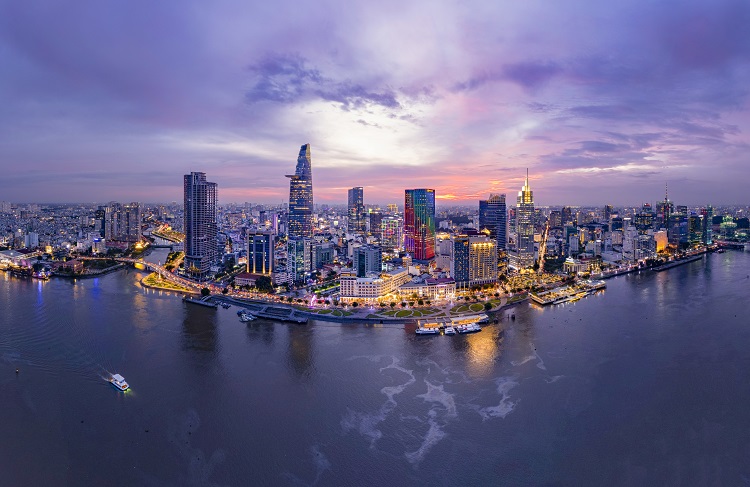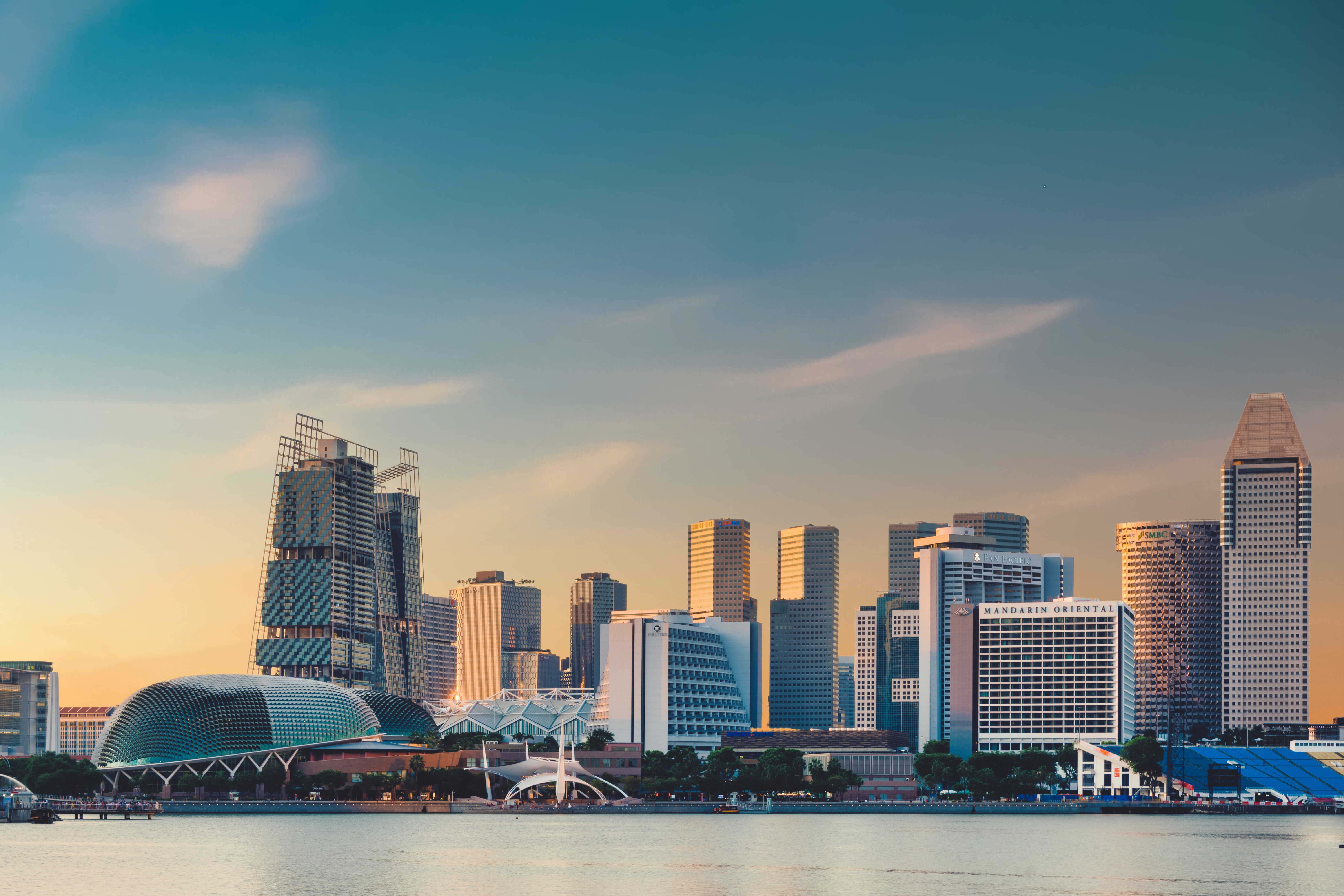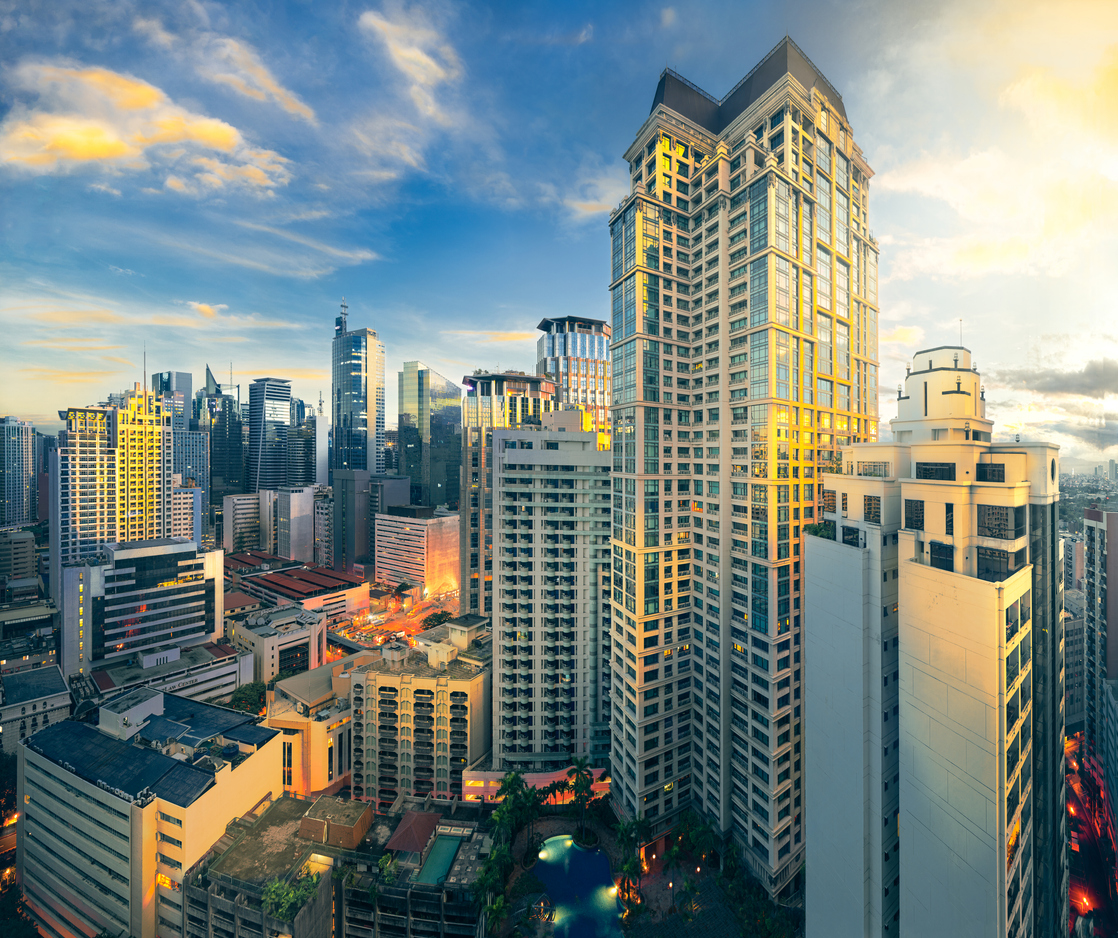A significant export market for Victoria.
Southeast Asia is a dynamic and diverse region that has frequently outperformed global economic growth rates.
Victoria has prioritised strengthening its relationship with Southeast Asia and has four Victorian Government Trade and Investment (VGTI) offices located in Indonesia, Vietnam, Malaysia and Singapore.
Southeast Asia Trade and Investment Snapshot

The Australia‑ASEAN Special Summit held in Melbourne in March 2024 is an important opportunity to mark the 50th anniversary of Australia‑ASEAN relations. Our offices in‑market and teams on the ground in Victoria also work closely with leading businesses in the region to support their plans to expand their operations to Victoria.
Explore Victoria's current trade and investment opportunities and key areas of collaboration with Southeast Asia.
Market snapshot

Victoria’s key goods exported to Southeast Asia include fruit and nuts, milk and dairy, wheat, meat and petroleum.
Increasing demand is expected for services tied to innovation, healthcare and education. Victorian exporters are well placed to capitalise on opportunities in these sectors.
Victorian exporters are also expected to benefit from Southeast Asia’s increasing middle class, particularly in Indonesia, Malaysia, Thailand, the Philippines and Vietnam. The region’s rapid urbanisation creates opportunity for Victorian exporters as demand for infrastructure, professional services and connectivity services increases. The number of middle-class households in Southeast Asia is predicted to quadruple by 2030, which will raise demand for premium agricultural goods, innovative services, international travel, healthcare and education and training.
Southeast Asia Insights Spring/Summer 2024
Spotlight on The Philippines

The Philippines presents significant opportunities for Victorian businesses
As one of the fastest-growing economies in Southeast Asia, the Philippines is a growing market for Victorian businesses. The Government of the Philippines has implemented a range of economic reforms in recent years to improve the business climate and attract foreign investment, including reforming the corporate tax system and allowing foreign ownership of small and medium-sized businesses.
Victoria is well-placed to build on longstanding ties and do business with the Philippines
Victoria and the Philippines have enjoyed strong people-to-people links for many years, and Victoria is home to over 60,000 people born in the Philippines.
The relationship between our two regions has also continued to deepen at the federal level, with the Australia-Philippines relationship being elevated to a Strategic Partnership in September 2023.
Victoria has also welcomed President Marcos and senior officials from the Philippines, including during the ASEAN-Australia Special Summit held in Melbourne in March 2024.
Trade and investment are key components of the Victoria-Philippines relationship
Victoria’s economic relationship with the Philippines is multifaceted and includes trade in goods and services, as well as two-way investment flows.
Existing trade agreements including the ASEAN-Australia-New Zealand Free Trade Area (AANZFTA) has reduced a range of tariffs on trade between Australia and the Philippines and operates alongside the Regional Comprehensive Economic Partnership (RCEP), which the Philippines ratified last year.
Victoria’s goods exports to the Philippines have grown by 206% since FY2018-19 and are particularly strong in the areas of agriculture, food products and education.
As a major exporter of high-quality products such as meat, dairy and cereals, Victoria has been well placed to realise export opportunities that have presented in recent years. Victoria’s wheat exports to the Philippines have grown from A$2 million per year in FY2018-19 to over A$365 million in FY2023-24, while dairy exports have also seen significant growth.Despite recent growth, there is further opportunity for Victorian exporters. The Philippines has a growing middle class and we are seeing rising demand for premium food products.
While the Philippines imports 99% of its dairy, Australia currently only supplies 3.5%. Victorian products such as Chobani, Dairy Farmers and Farmers Union all have strong market presence in supermarkets across major cities and there is significant room for further growth.
Although US brands have traditionally had a strong presence in the prepared foods sector, major Philippines retailers such as Robinsons and S&R are looking for opportunities to diversify and expand their Australian product offering.
While there has been increasing interest in Australian beef, the recent reduction in the availability of US beef market may also provide a short-term window for Victorian suppliers to replace unmet demand.
More Filipinos are choosing to study in Victoria

Victorian international student enrolments from the Philippines are growing.
The Philippines is Victoria’s 8th largest source of international student enrolments (2023), with enrolments increasing from around 3,600 in 2018 to over 11,000 in 2023 and the majority of Filipino students undertaking Vocational Education and Training (VET) courses.
The Philippines’ ambitions to upskill its young workforce is driving demand for internationally recognised courses that are high quality and industry-ready, and there is opportunity for Victorian education and training institutions to partner in-market to support skills needs, including through micro-credentials.
Victoria is well placed to continue exporting a range of educational services to the Philippines and to also explore opportunities for collaboration in research and technology.
The Philippines is already a significant investor in Victoria
Business links between with the Philippines have been further strengthened by two-way investment.
The Philippines’ investments into Victoria include the Victoria International Container Terminal in the Port of Melbourne, which uses cutting-edge technology to operate Australia’s first fully automated container terminal. Other key investors include San Miguel Yamamura, ACEN Energy and Monde Nissin.
There are more than 250 major Australian companies operating in the Philippines, and there is scope for further investment across multiple sectors including renewable energy, agriculture and food processing.
The Philippines’ digital transformation creates further opportunities for Victoria
There has been rapid growth and significant transformation in the Philippines’ digital technology sector in recent years. This is due to a combination of changing consumer behaviours, targeted government initiatives and changing consumer behaviours.
The Government of the Philippines is continuing to take steps to position the country as a leader in AI research and development and develop AI capabilities in key sectors such as agriculture, education, manufacturing and healthcare.
Further growth is projected in the Philippines’ cybersecurity market, as well as the fintech sector, creating further opportunity for Victorian companies to leverage their expertise.
Upcoming opportunities
Victorian companies with capabilities across Artificial Intelligence, Cyber and Blockchain have the opportunity to express their interest in participating in a 3-day in-market mission to the Philippines from 26-28 February 2025.
The program will form part of Austrade’s Southeast Asia Business Exchange Program and companies wishing to take part should contact our Vietnam Trade and Investment office,
Previous regional insights
Key industries of opportunity for Victorian exporters
Education, training and skills
Victoria is a key education partner for Southeast Asia, and as the region pushes to standardise vocational qualifications, more exciting opportunities are emerging for Victorian education providers.
Larger Southeast Asian nations such as Indonesia, Vietnam and Malaysia are actively exploring ways to engage internationally to upskill and educate their workforces.
Food and agriculture
Thanks to the growing demand for premium agricultural products and processed foods, there are many opportunities for Victorian exporters to engage across Southeast Asian markets.
Victoria’s food, beverage and agriculture industry has a global reputation for supplying high quality, clean, traceable and safe food products, placing it in a favourable position to meet Southeast Asia's growing demand for premium meat and dairy products, temperate fruit and nuts, wheat, and processed and packaged food items.
Professional services
The scale and speed of Southeast Asia’s development has opened up significant opportunities for Victorian firms to provide innovative services and products across a range of traditional and emerging sectors, including infrastructure, digital technology, water, health and medtech, liveability and renewable energy.
Victoria is well placed to partner with Southeast Asian nations focusing on innovation due to its strong professional services sector, culture of innovation and research expertise, as well as Victorian Government investments.
Tourism
Victoria is a top destination for Southeast Asian tourists and this is only set to increase over the next ten years. As Southeast Asia’s middle class continues to grow, more consumers will want to explore the world and have capacity for international leisure travel.
Digital services
Southeast Asia is home to many tech unicorn start-ups with a value of over US$1 billion.
Southeast Asia’s digital transformation has rapidly accelerated and is reshaping almost every aspect of business and social lives, providing further opportunity for Victorian exporters.
The sector offers enormous opportunities for Victorian companies, many of which are enabling small businesses in Southeast Asia to accelerate their adoption of digital tools and compete with larger firms.
Contact us
Have a question? Get in touch with us.